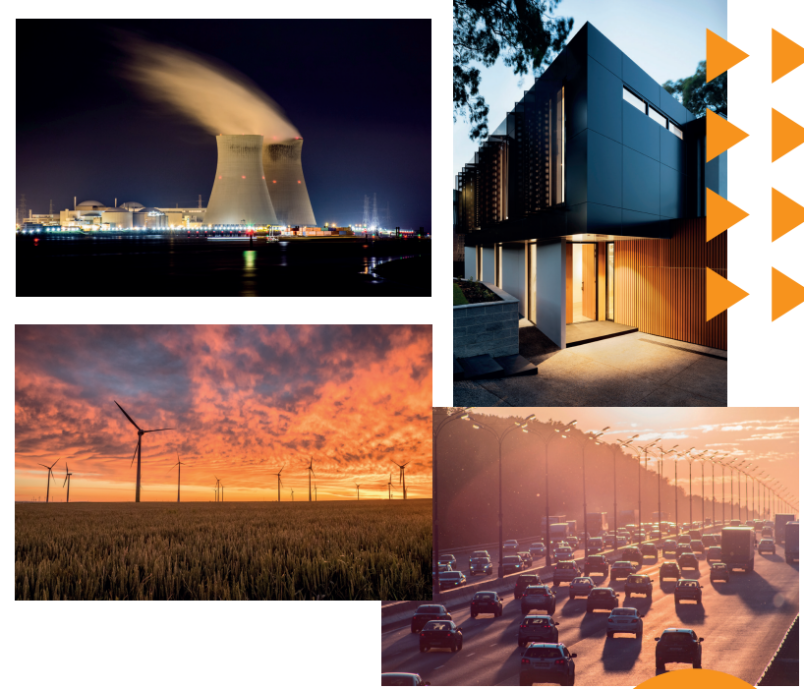Programme overview

This PhD programme promotes activities applicable in fundamental and cutting-edge sectors, such as: renewable energies, internal combustion engines, hybrid propulsion, hydraulics and pneumatics, nuclear fission and fusion, model assembly and energy planning, environmental impact of energy systems, thermoeconomics, safety and reliability assessment, interiors engineering.
The main research goals are the advancement of knowledge, technological innovation and improvement of performance of systems and equipment employed for energy conversion, distribution and use of energy, the development of methodologies, equipment and technologies for limiting environmental impact of energy systems and transports.
Short videos highlighting recent research activities carried out by Energetics PhD students are available at the following link. Moreover, short summaries of the research activities carried out by each PhD student are collected on a yearly basis in the Annual Report, which can be downloaded here.
Its main goals are providing PhD candidates with a common background by means of several mandatory courses (Sustainable transport, The future of nuclear energy, Energy and smart buildings, Energy for future factories, to which students will be introduced taking the class on Global energy trends and outlook, Experimental heat and mass transfer e Computational heat and mass transfer) offering an overview of the main research areas to students.
These core courses shall provide the necessary basis for carrying out research activities in energy field, which is multidisciplinary by definition. PhD candidates are also trained by means of programme-related, interdisciplinary or transversal courses.
-
Type of programme:
PhD programme -
Department:
-
Coordinator:
-
Vice coordinator:
-
Admissions:
Open, through competitive selection